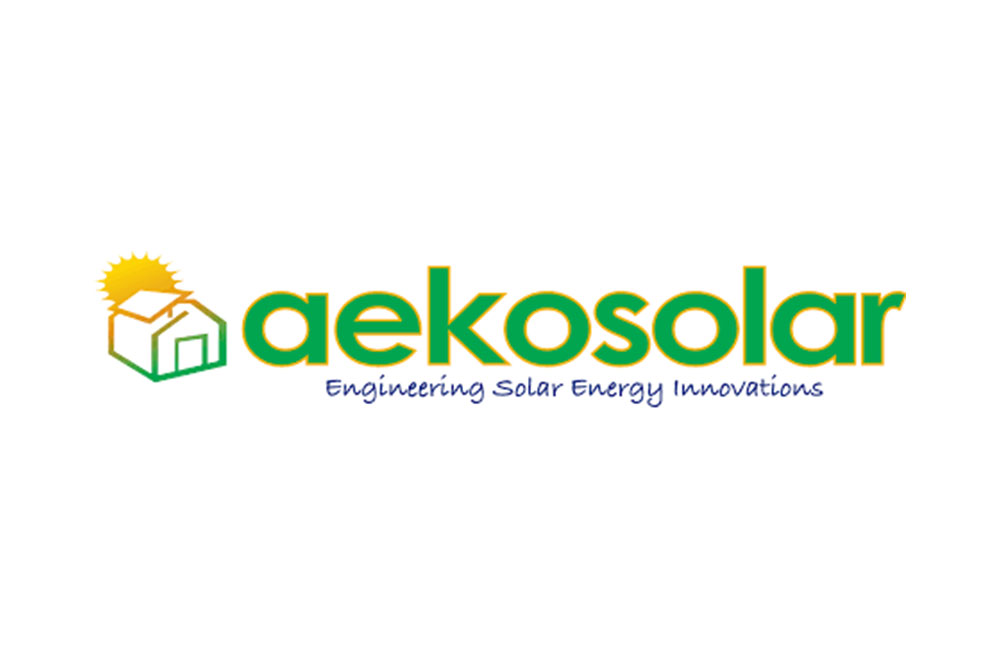SOLAR SYSTEMS
A solar power system converts sunlight into electricity using photovoltaic (PV) panels. This electricity can be used to power your home or business, reducing your reliance on the grid and lowering your energy bills.
Solar panels consist of many solar cells made of semiconductor materials like silicon. When sunlight hits these cells, it generates an electric current. This current is then converted into usable electricity by an inverter.
The benefits include reduced electricity bills, lower carbon footprint, energy independence, potential increase in property value, and eligibility for tax credits and incentives.
Most solar panels come with a warranty of 25-30 years, but they can last even longer with proper maintenance, often producing electricity for 40 years or more.
Yes, solar panels can still generate electricity on cloudy days, although their efficiency is reduced. They work best in direct sunlight but can still produce power in indirect light.
Solar power systems require minimal maintenance. It’s recommended to periodically clean the panels to remove dirt and debris and to have a professional check the system every few years to ensure optimal performance.
Yes, but going off-grid requires more than just solar panels; you’ll also need battery storage to store excess energy for use when the sun isn’t shining. Off-grid systems are typically more complex and expensive than grid-tied systems.
The cost varies depending on the size of the system and your location. On average, residential solar installations can range depending on the number of pannels and battries, before incentives and rebates.
SECURITY SYSTEMS
A security system is a network of devices and controls designed to protect your property from intruders, theft, and other threats. It typically includes alarms, cameras, motion sensors, and access controls.
Security systems work by detecting unauthorized entry or suspicious activity and alerting the property owner or a monitoring center. This can trigger alarms, notify law enforcement, and provide real-time video footage.
Benefits include enhanced safety and peace of mind, deterrence of criminal activity, remote monitoring capabilities, and potential discounts on home insurance.
Yes, most modern security systems offer remote monitoring via smartphone apps, allowing you to check live feeds, receive alerts, and control your system from anywhere.
There are several types of security cameras, including wired and wireless, indoor and outdoor, motion-activated, night vision, and smart cameras with AI capabilities.
While some systems are designed for DIY installation, professional installation ensures optimal performance and coverage. It also provides expert setup and support.
Look for providers with a good reputation, comprehensive customer support, customizable solutions, and transparent pricing. Ensure they offer the features and services that meet your specific security needs.
Yes, if you opt for professional monitoring services, there will be a monthly fee. Additionally, there may be costs for system maintenance, updates, and potential expansions.
OUR CLIENTS & PARTNERS








